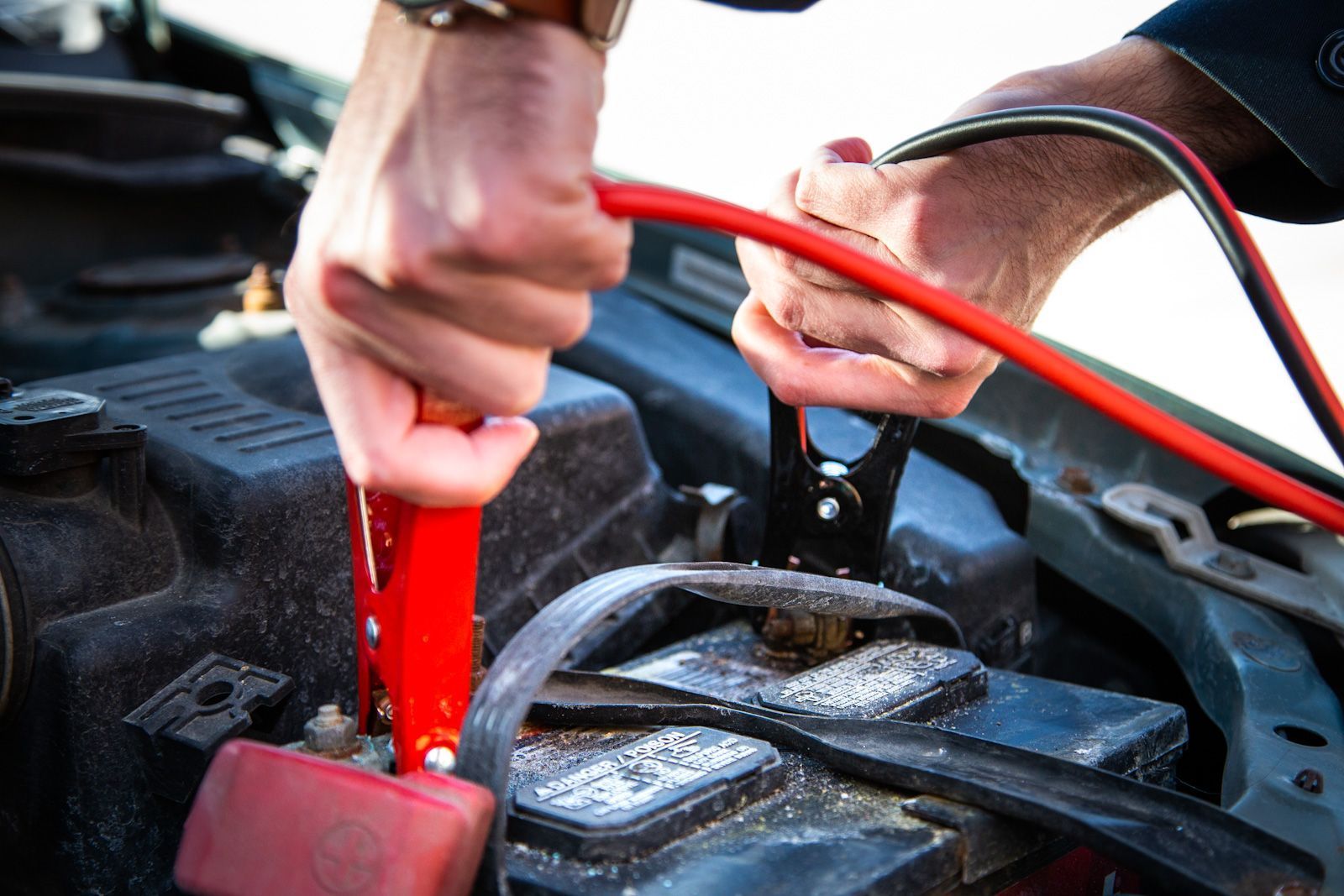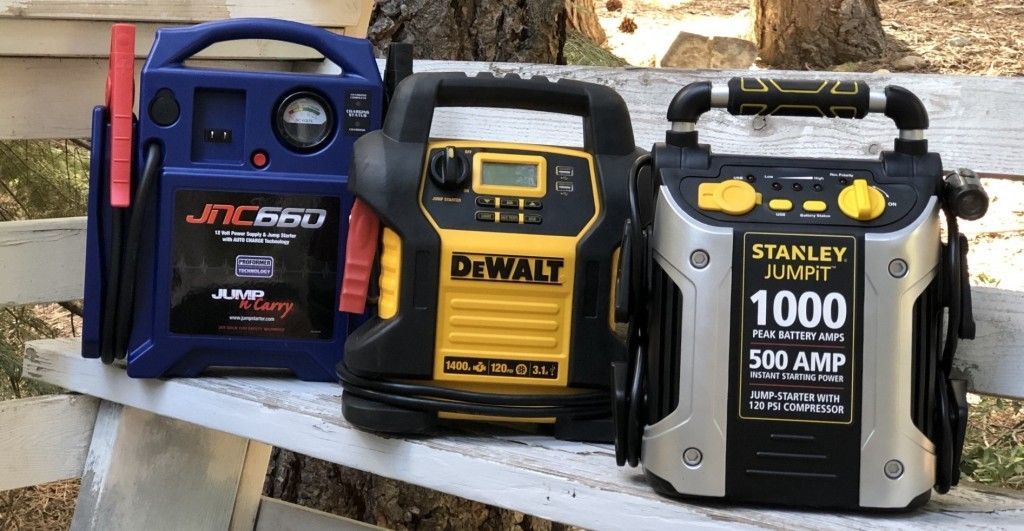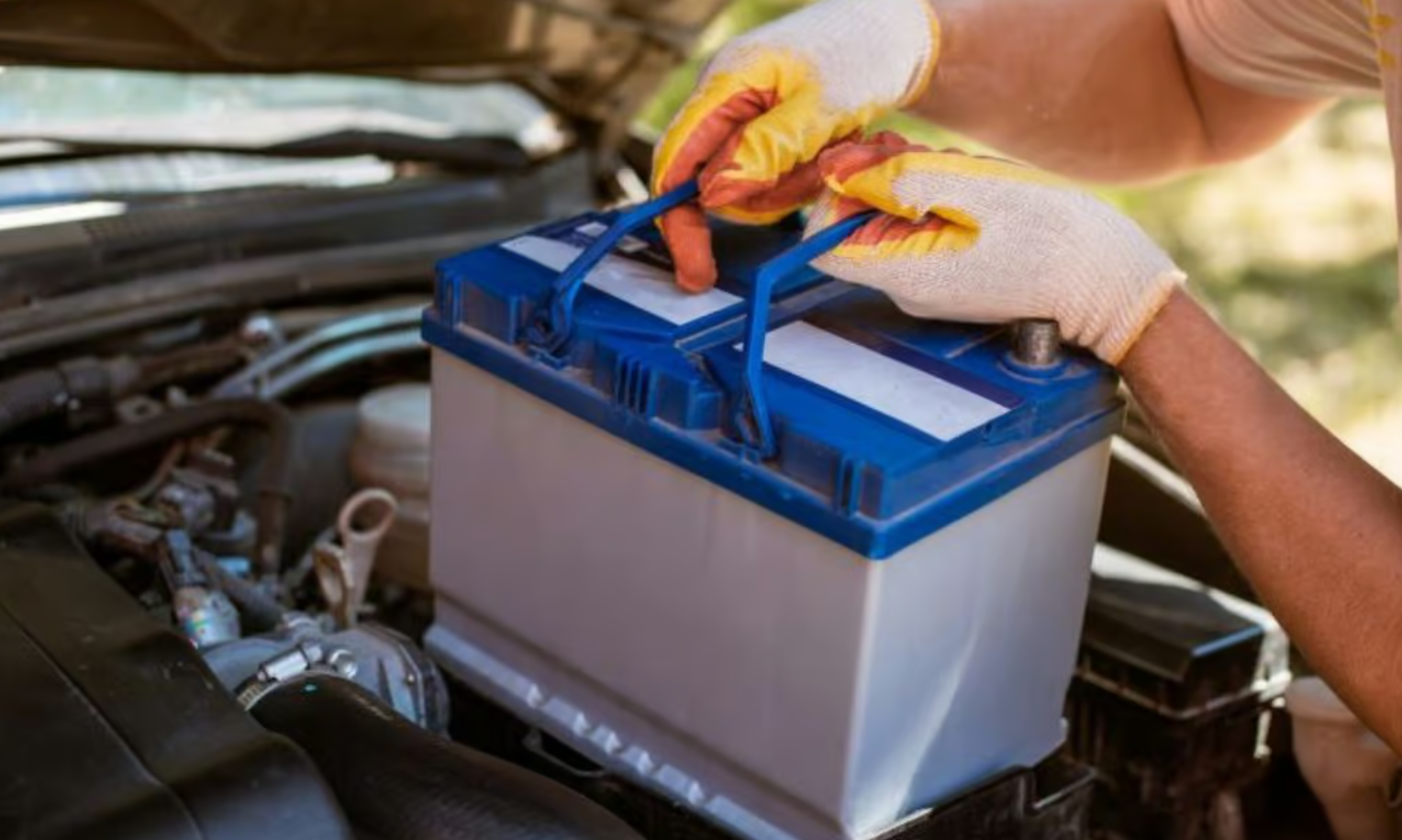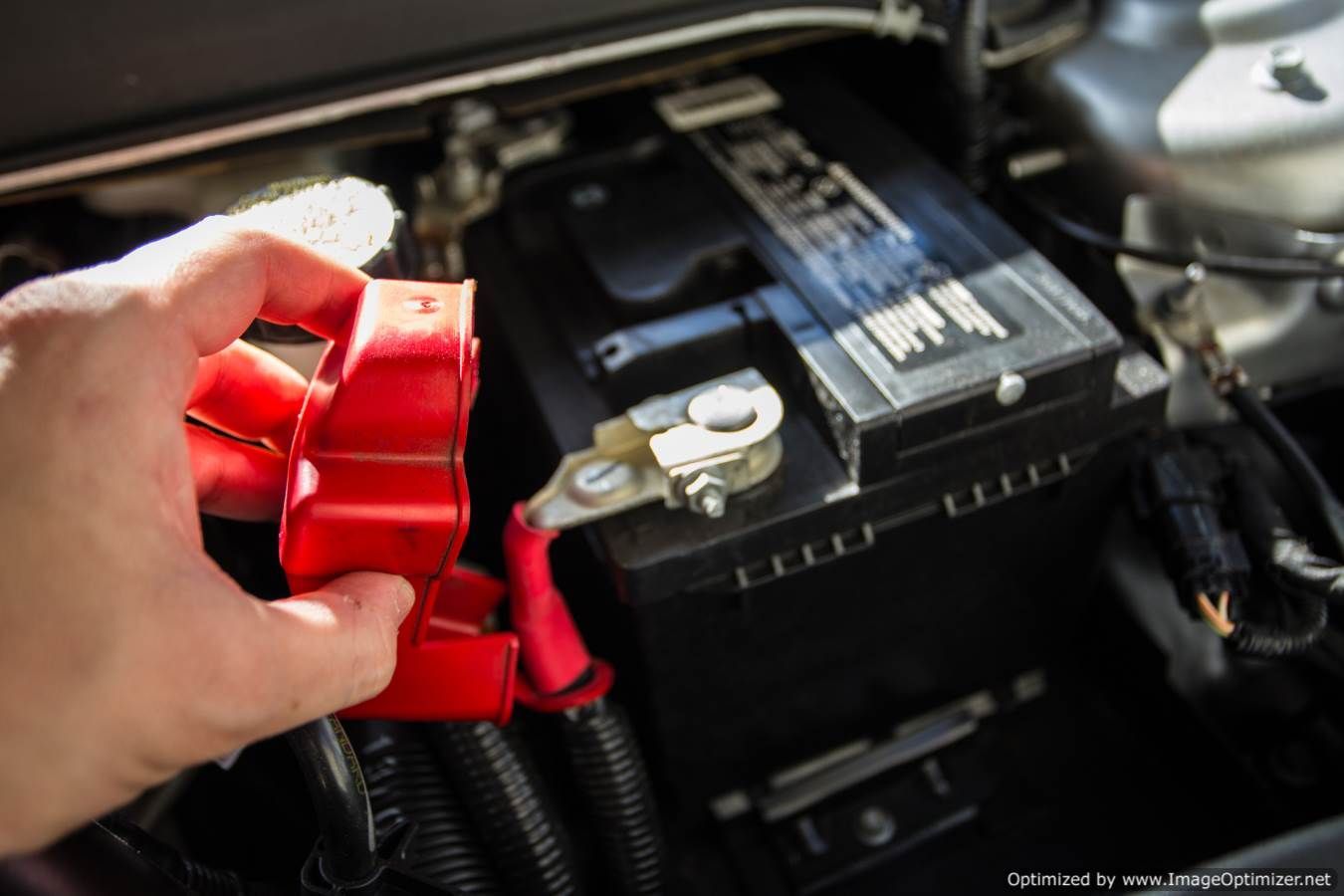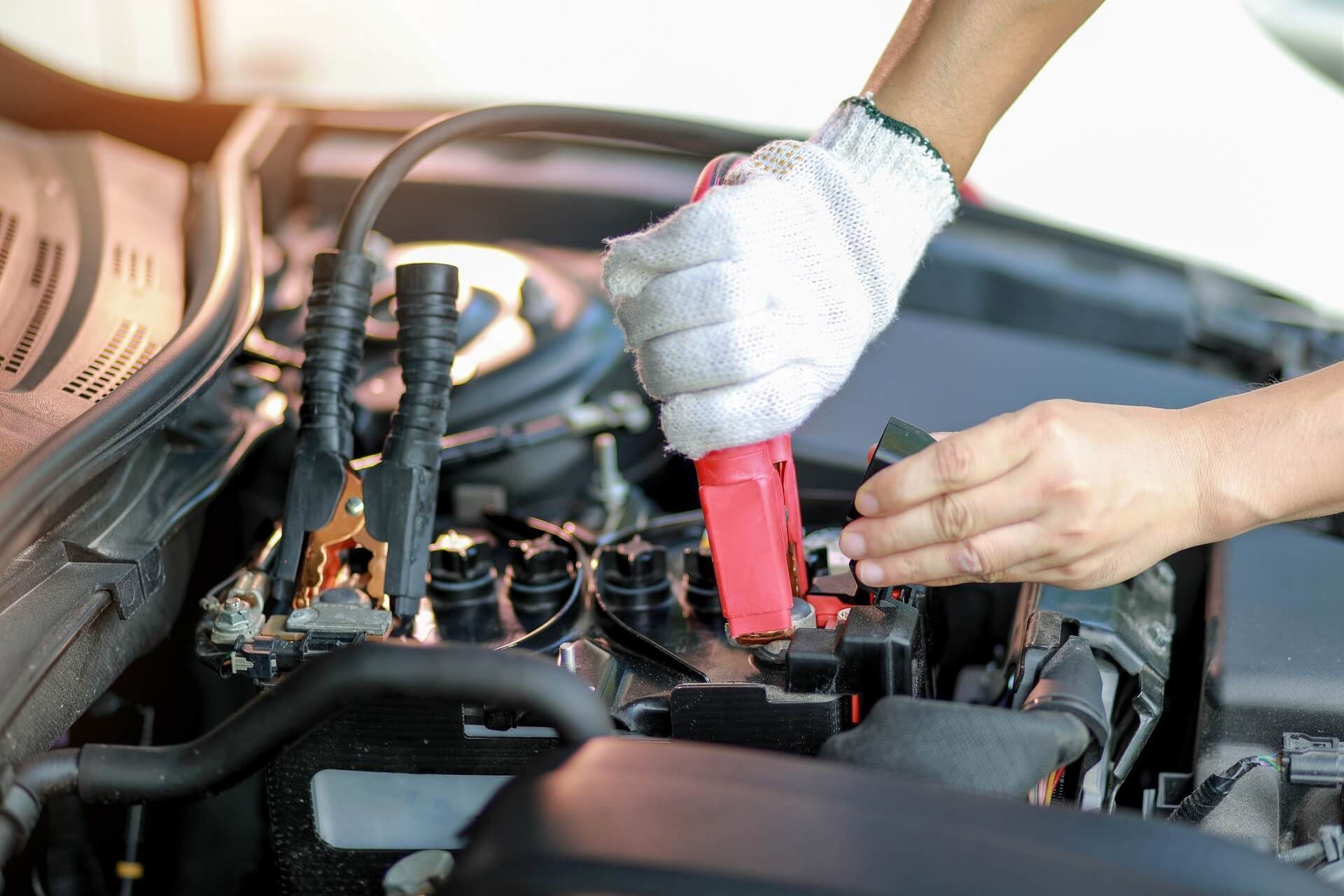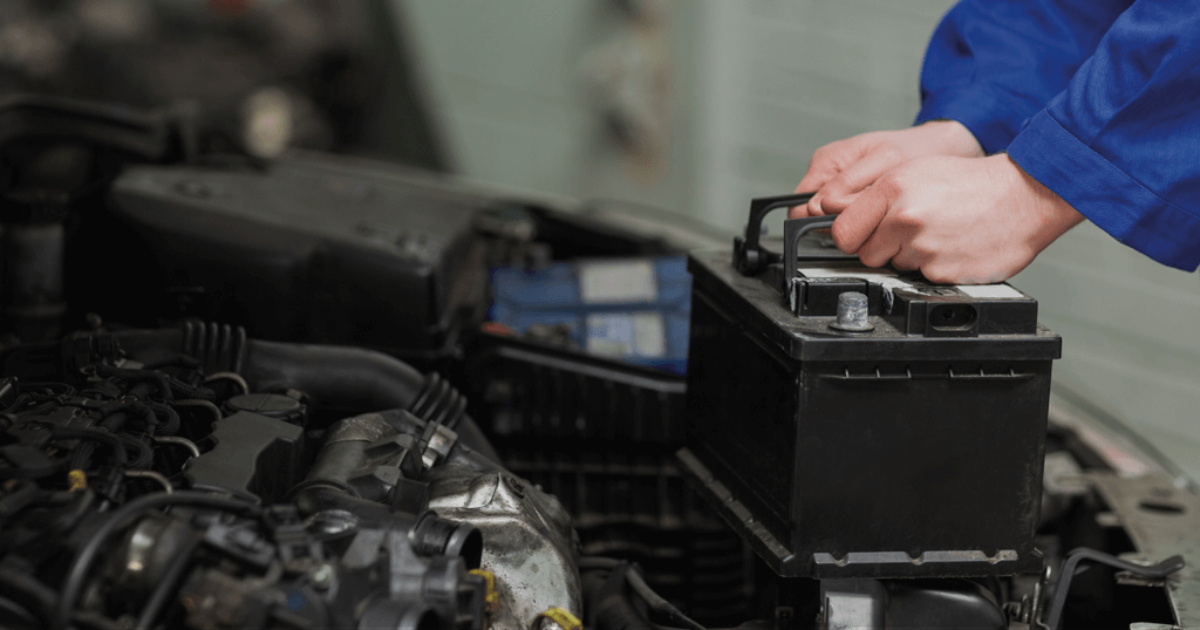How much should a car battery cost for my car?
There are so many different factors involved in trying to figure out how much should a car battery cost. Here we break down every variable so that in future without referencing any kind of guide you will be able to roughly estimate the cost of any cars battery.
How Much Should a Car Battery Cost? Your Ultimate Guide to Pricing and Value
Imagine this: you hop in your car, turn the key, and hear nothing but a disheartening click. Or perhaps, worse, just silence. That immediate wave of panic often brings one thought to mind: the car battery. This vital component, powering everything from your engine's start to your radio, is easily overlooked until it decides to quit.
So, how much does a car battery cost? There is no single price tag. The cost varies widely based on several key factors. These include the battery's type, its brand, your specific vehicle, and whether you pay for installation. Understanding these differences can save you money and headaches.
This article aims to clear up car battery pricing for you. We will help you understand what makes prices go up or down. Our goal is to guide you toward making a smart purchase that balances both cost and lasting quality.
Understanding the Factors Influencing Car Battery Price
Not all car batteries are the same. Their price reflects the technology inside, their size, and who made them. Knowing these details helps you see why costs vary so much.
Battery Type and Technology
The kind of battery your car uses significantly impacts its price. Different technologies offer various levels of performance and lifespan.
Lead-Acid Batteries (Flooded)
These are the most common and often the most affordable car batteries. They work using a simple mix of lead plates and sulfuric acid. While budget-friendly, they need some care. They might not perform as well in very hot or very cold weather. They also do not handle deep power drains well.
Enhanced Flooded Battery (EFB)
EFB batteries are a step up from standard flooded batteries. They are built tougher to handle more demands. Many cars with basic start-stop systems use EFBs. They also work well for vehicles with higher electrical needs. This makes them a bit more expensive than basic flooded types.
Absorbent Glass Mat (AGM) Batteries
AGM batteries are generally the priciest option. They offer many advantages for the higher cost. AGM batteries can handle deep power cycles better. They also last longer and resist vibrations more effectively. Cars with advanced start-stop features, regenerative braking, or lots of accessories often require an AGM battery.
So which type do I need?
Depending on what vehicle you drive is a bet that if you own an economy class vehicle that is older than 2016 you will require a lead acid battery. If you own a newer vehicle that is newer than 2017 you can expect your vehicle to take an Absorbent Glass Mat battery as most manufacturers have added lots of sophisticated technology to your newer vehicle such as start / stop features. If you drive a Mercedes Benz, a BMW, or an Audi between the years of 2012 and up that you will need an Absorbent Glass Mat battery as these vehicles have complicated technology within them such as high-end radios, LED lights, and sometimes start / stop features.
Battery Size, Group Number, and Specifications
A battery must fit correctly and provide enough power for your car. Its physical dimensions and power ratings directly affect its price.
Group Size and Physical Dimensions
Car batteries come in specific "group sizes." This refers to their length, width, and height. A battery must match your car's space. Larger group sizes often mean more capacity and a higher price. Always check your car's owner's manual for the right group size.
Cold Cranking Amps (CCA) and Reserve Capacity (RC)
These are important power ratings. Cold Cranking Amps (CCA) show how well a battery starts your engine in cold weather. Reserve Capacity (RC) indicates how long your battery can power essential accessories if your alternator fails. Batteries with higher CCA and RC ratings usually cost more. They offer greater starting power and endurance.
Terminal Type and Placement
Battery terminals are where your car's cables connect. They can be top post or side post. The location of these terminals also varies. While not a huge cost factor, specific terminal setups can sometimes affect a battery's availability. This might lead to slight price differences.
Brand Reputation and Warranty
The company that makes the battery and the warranty it offers also influence the price. Paying more often means better peace of mind.
Premium vs. Budget Brands
Well-known brands like Optima, ACDelco, or Bosch typically cost more. These premium brands often invest more in quality control and advanced designs. This can lead to better performance and a longer lifespan. Budget brands offer lower prices but might not last as long. At 30 Dollar Roadside we carry all major manufacturers all under one roof!
Warranty Length and Coverage
A battery's warranty tells you how long the manufacturer stands by their product. Warranties vary, from one year to three years or more for free replacement. After the free period, some warranties offer a prorated discount on a new battery. Longer, more complete warranties usually mean a higher upfront cost. This extra cost can offer better value over time. At 30 Dollar roadside we only sell batteries with a minimum of 2 years warranty which can be extended by our customers at minimal cost to them.
Installation Costs and Additional Services
Buying the battery is one cost. Getting it into your car can be another. The installation method also affects your total spending. At 30 Dollar Roadside our Battery installation fee done at your home, office, or on the roadside starts at just $40. Some car manufacturers such as BMW, Audi, and VW require programming the vehicles computer all of which we provide to our customers right at their doorstep if they need it.
DIY vs. Professional Installation
Installing a car battery yourself can save money. Many auto parts stores offer free testing, but not always free installation. Paying a mechanic or dealership for installation adds to the total bill. This cost covers labor and ensures the job is done right.
Diagnostic Checks and Alternator Testing
Some repair shops offer extra services with battery installation. They might check your car's charging system or test the alternator. These checks help make sure a new battery solves your problem. While adding value, these services might be included in a higher overall price.
Recycling Fees and Core Charges
When you buy a new battery, you will likely pay a "core charge." This fee is refunded when you return your old battery. This encourages proper recycling. You might also see a small environmental recycling fee. These charges add to the "out-the-door" price.
Average Car Battery Prices: What to Expect
Knowing the average cost can help you plan your budget. Prices depend heavily on the battery type and your car's needs.
General Price Ranges by Battery Type
Here are some estimated price ranges for common car battery types:
Standard Flooded Lead-Acid Batteries: You can expect to pay between $150 and $185. These are the most common and least expensive options.
Enhanced Flooded Batteries (EFB): These batteries typically range from $170 to $235. They offer more durability for certain car systems.
Absorbent Glass Mat (AGM) Batteries: For AGM batteries, expect to pay $285 to $335 or even more. Their advanced features come with a higher price tag.
Impact of Vehicle Type
Your vehicle's make and model can affect the battery cost. Luxury cars or those with complex electrical systems often need specialized batteries. For example, some hybrid vehicles use a different type of 12-volt auxiliary battery. These can be more expensive to replace than those in a standard car.
Regional Price Variations
Prices can also change based on where you live. Local market competition, shipping costs, and state taxes play a part. You might find slightly different prices for the same battery in different areas. Since we are based out of Calgary, our guide here relates closely to Canadian prices.
Tips for Buying a Car Battery Wisely
Getting the right car battery for a fair price means being a smart shopper. A little research goes a long way.
Check Your Owner's Manual
Always start with your car's owner's manual. It lists the exact battery group size and specifications your vehicle needs. Using the correct battery ensures it fits properly and performs as expected. This prevents future problems.
Compare Prices and Brands
Do not just buy the first battery you see. Shop around at different places. Auto parts stores, large retail chains, and even dealerships sell batteries. Compare prices, check out different brands, and read customer reviews. Shopping online can also offer competitive pricing.
Look for Sales and Discounts
Keep an eye out for special deals. Many retailers have seasonal sales, especially before winter or summer. You might also find manufacturer rebates or loyalty program discounts. These savings can lower your total cost.
Understand the Warranty
Read the warranty details carefully before you buy. Pay attention to the "free replacement" period. Also, note the "prorated" period. A longer free replacement period often means better value if your battery fails early.
Consider Battery Age
Batteries can lose power even when sitting on a shelf. Check the manufacturing date code on the battery. This is often a sticker with a letter for the month and a number for the year. Try to buy a battery that was made recently to ensure it has its full lifespan ahead.
When to Replace Your Car Battery
Knowing when to replace your battery can save you from being stuck. Watch for these common signs.
Common Warning Signs
Several signs tell you a battery might be failing. A slow engine crank is a big one; your engine struggles to turn over. Dim headlights or interior lights when the engine is off also suggests weakness. You might hear a clicking sound when you turn the key. A dashboard warning light, often shaped like a battery, can also come on. Lastly, look for a swollen or leaking battery case.
Battery Age
Most car batteries last about three to five years. As your battery gets older, its ability to hold a charge weakens. It is wise to consider replacing it proactively as it nears this age range. This is especially true before very cold winters or hot summers. These extreme temperatures put more stress on an older battery.
Regular Testing
Having your battery tested is a simple way to know its condition. Many auto parts stores offer free battery testing. You can also ask your mechanic to test it during routine car maintenance. Regular checks can help you replace your battery before it leaves you stranded.
Conclusion
The cost of a car battery depends on several key things. This includes the battery type, its size, the brand, its warranty, and any installation fees. Choosing the cheapest battery is not always the best move. Instead, focus on finding a quality battery that fits your car's needs. A good warranty also adds long-term value and peace of mind. We at 30 Dollar Roadside recommend that customers evaluate how long they intend to keep their vehicle. If you plan on having a worry-free long-term experience it is best to spend the extra $50+ dollars on a better battery as it will lead to the vehicle starting problem free. If you are only keeping your vehicle for under 2 years, then going with a standard cheaper battery is best for you since it will perform the same as a premium battery in the first 2 years of ownership.
By understanding these factors, you can make an informed choice. Be proactive about your car battery's health. This will help you save money and avoid the trouble of a dead car. If your current battery is under 3 years old a vehicle battery boost or car boost might be for you. If you still need help call us for a free quote!
